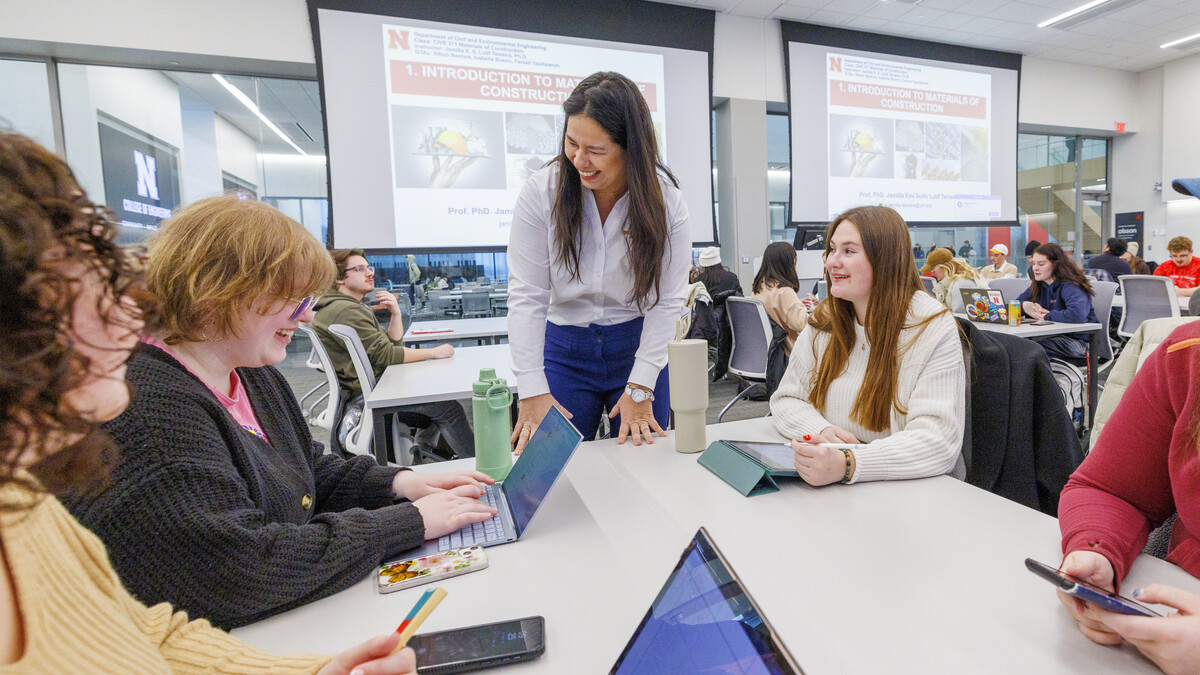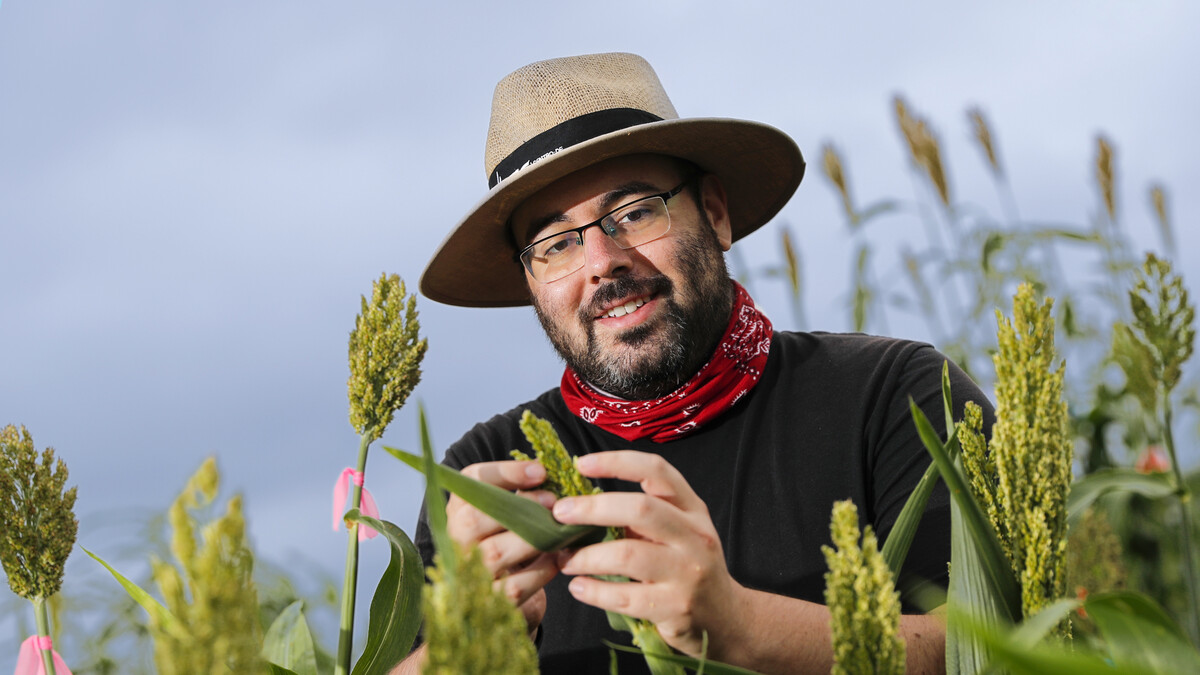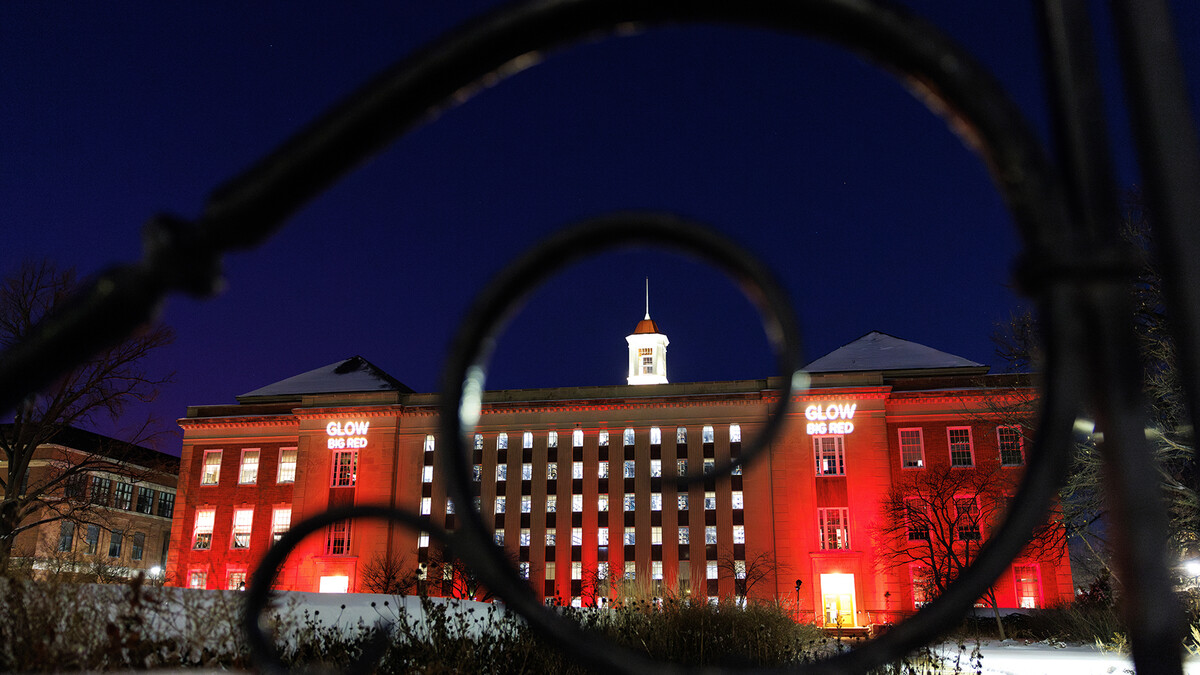
When Jackson Thomas came to UNL, studying abroad was not among his college plans. That changed when UNL’s Education Abroad office provided information on the Deutsch in Deutschland program.
“After being exposed to the program and seeing how incredibly doable it was and how it could fit into my life, major and pocketbook, I took the plunge and opted for a semester in Berlin, Germany,” said Thomas, a senior music major from Carrollton, Mo. “It was truly an experience of a lifetime. My only regret is the hesitation I had about signing up in the first place.”
To show more students that education abroad is possible, UNL has joined forces with more than 300 partners in the Institute of International Education’s Generation Study Abroad initiative. The program is designed to double the number of American students who study abroad by the end of the decade. The initiative is also focused on increasing the diversity of students who study abroad, ensuring quality and removing barriers to participation.
As part of the program, UNL has committed to increasing the number of students who study abroad by 20 percent in the next five years.
“Regardless of whether they imagine building a life in Beijing or Beatrice, our students need the kinds of global competencies that allow them to move easily across languages, cultures, and national borders,” said Dave Wilson, UNL’s senior international officer and associate vice chancellor for academic affairs. “Doors open for those who have educational experiences abroad.”
At UNL, nearly 750 undergraduates participate in education abroad opportunities each year. Working through the Generation Study Abroad initiative, UNL hopes to grow that total to 1,000 students.
To achieve the goal, UNL will focus on increasing study abroad participation by underrepresented groups, including science, technology, engineering and mathematics majors; first-generation students; and veterans.
Education Abroad has also started working with the College of Engineering, holding a study abroad fair and publicizing an engineering-specific program in Italy. Several other colleges — including Journalism and Mass Communications, Agricultural Sciences and Natural Resources, and Education and Human Sciences — are collaborating with Education Abroad specifically on the Generation Study Abroad initiative.
Additionally, UNL has made a commitment to help more students seek out and submit competitive applications for national level scholarships for study abroad. That effort included 12 UNL students using Benjamin A. Gilman scholarships for international study this summer.
UNL also continues to seek out other funding opportunities to make the experience a financial reality for more students.
“Study abroad is no longer a luxury geared for wealthy students, and it certainly isn’t tourism,” Wilson said. “Increasingly, our students, as they look for work, need the kind of global competencies that set them apart in a competitive marketplace, competencies that are best developed through studying, researching, interning or doing service learning abroad. Money is an obstacle for increasing our levels of engagement in these educational opportunities abroad.”
For Thomas, the benefits of education abroad have outweighed the costs.
“To this day, I still find new ways in which I’ve grown through my experiences abroad and, even though it was probably the hardest thing I have every done, I can honestly say it was the best thing I have ever done,” Thomas said. “It allowed me to uncover hidden courage and realize aspects of myself that I never thought I possessed.”
To help with the initiative, the Institute of International Education has committed $2 million over the next five years. For more information on the Generation Study Abroad initiative, go to http://www.iie.org/generationstudyabroad.
For more information on UNL’s study abroad opportunities, click here or visit the Education Abroad office in Love Library, Room 127.







